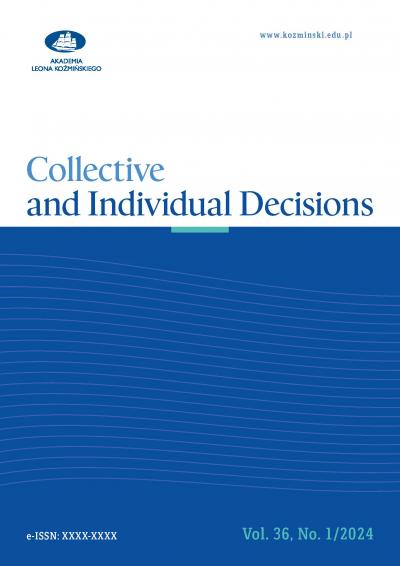The goal of the present paper is to review recent theoretical models and empirical studies on the role of numeracy (i.e., cognitive ability in processing numerical information) in decision making under risk and uncertainty. The research conducted in the last decade points that numeracy is the most robust predictor of making good decisions, which predictions are independent of other psychological constructs or cognitive abilities (such as fluid Intelligence or cognitive reflection). The pivotal role of numeracy has been described in at least three theoretical models: Fuzzy-Trace Theory, Skilled Decision Theory, and Multiple Numeric Competencies model. Furthermore, the results of numerous research indicate that better decisions made by people with high numeracy are underpinned by various psychological mechanisms of the cognitive, motivational, and affective nature. Findings related to the performance of people with high and low numeracy served to develop both immediate (e.g., visual aids or an experience-based format of risk communication) and long-term (e.g.,cognitive training) methods of improving the decision-making process. Based on these decision aids, we can effectively support people with low numeracy in an accurate risk assessment, risk comprehension, and making better decisions.




